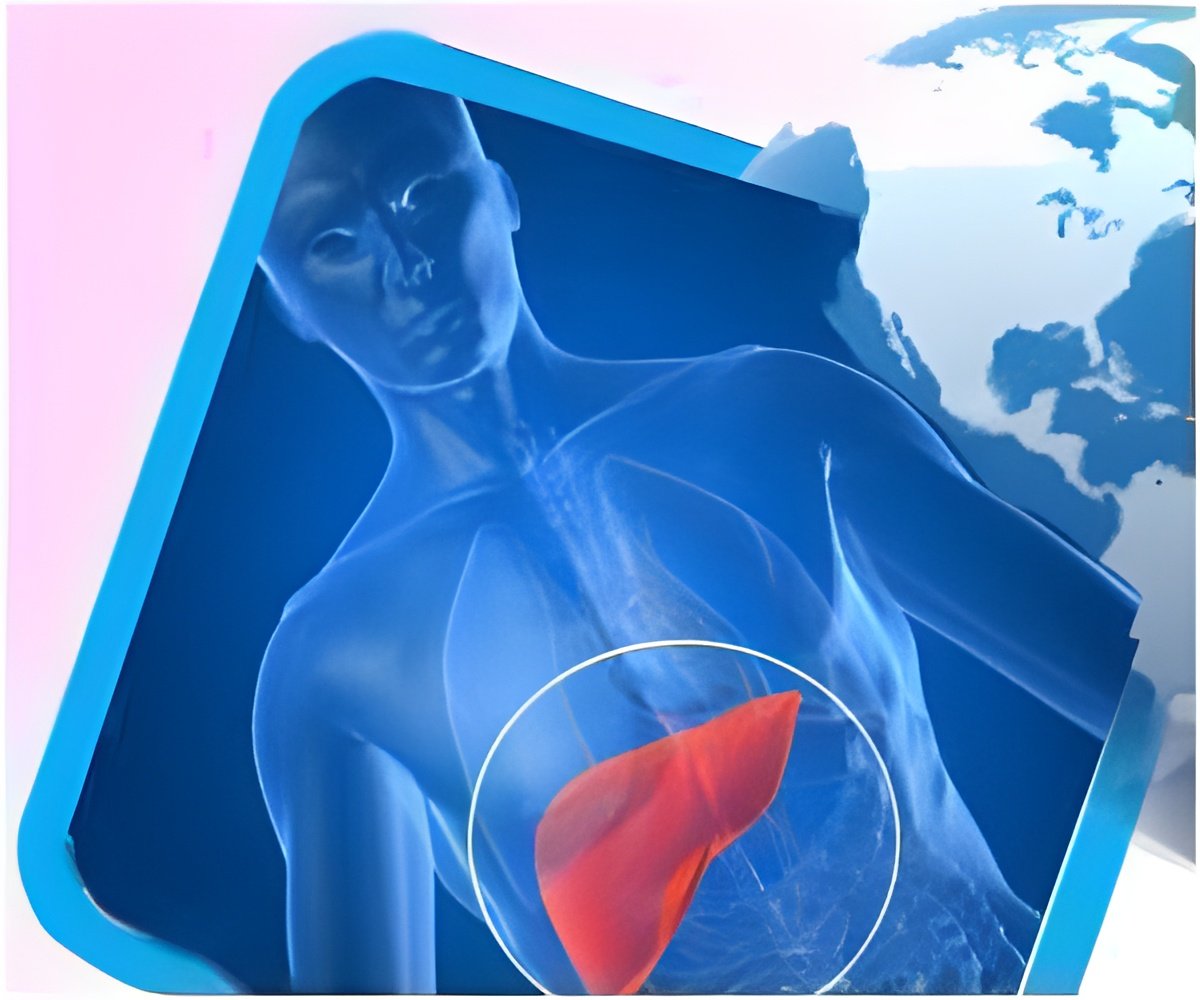The first genetically humanized mouse model for hepatitis C has been created by scientists at Rockefeller University and The Scripps Research Institute.

While the hepatitis C virus can infect chimpanzees and humans, scientists have been unable to study the progression of the virus' life cycle or possible treatments in small animal models.
The new mouse model is the first to be developed with a fully functioning immune system.
"Our genetically humanized mouse model for hepatitis C will allow us to gain deeper insights in the biology of this important pathogen," said senior author Alexander Ploss, a research assistant professor at Rockefeller.
"This robust small animal model also has the potential to serve a critical role in testing and prioritizing drug and vaccine candidates. Results from these tests can potentially guide more expensive pre-clinical and clinical studies in higher order organisms, including humans," he said.
The finding has been reported in the June 9 issue of the journal Nature.
Advertisement














